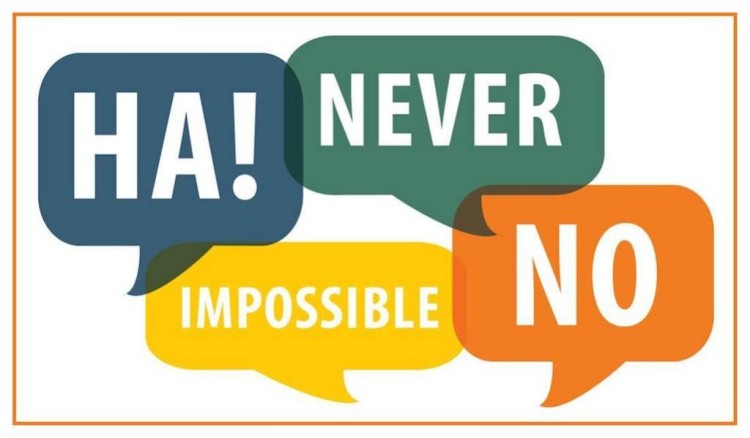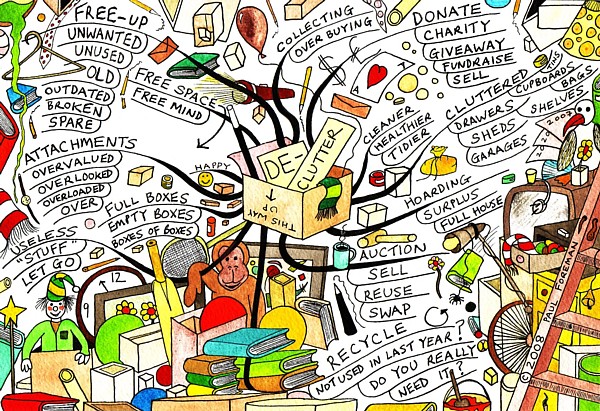I’ve got about ten days left until this cast comes off, and then I can enjoy the burgeoning springtime.. I’ve been re-prioritizing my time, figuring out how I can live more authentically once I’m mobile again.
One thing I’ve identified in myself is this need to be known, recognized. At first I attributed this to some sort of lifetime accomplishment that would allow me to live on posthumously, but now I realize it’s much more basic, and dwells somewhere much less grandiose: recognition from others. Not for anything in particular, just for me to have some sort of value to other people – to be relied on or needed in some regard.
Naturally, we all have a little of this built-in: as humans we share social spaces, living spaces, work spaces.. Unless we hermit ourselves in the forest and chop wood for a living (namely our living.. in Ontario you’d freeze to death otherwise!), we can’t really escape this requirement to “need” other people – But I’m referring to a deeper recognition. The value that others attach to our worth as individuals. Whether it’s feedback from our peers at work, management telling us we’re indispensable, or our friends and loved ones telling us how awesome we are as people – it’s normal to enjoy this attention, but sometimes I find that without this, I have less inherent worth. Now this only really rears it’s head in any severity if I’m travelling through a stint of depression, but for me, who is regularly in a state of general malaise, that destination is always one short stop away from any current location.
The “aha” moment came to me when I read this quote by Harbhajan Singh Yogi:

Now while this quote doesn’t directly pinpoint the question at hand, as it deals with the reaction of others as their issues versus those of our own worth, I ended up resonating as if I was the other person – Not only that, but I immediately assumed the behavior in question was poor in nature – I was the one who was troubled, and perhaps projecting that state of disturbance onto others.
Instantly concluding that the quote referred to someone reacting negatively towards me is one thing, but actually identifying as that person who’s behaving badly is one further step towards the realization that my internal value scales are well out of alignment when weighing my self value.
I’ve known in the past that poor self confidence has been a struggle for me, but I’m constantly amazed at the number of paths and ways that I end up back at this same conclusion. Sure, it’s easy and “obvious” to see the value is self-respect, but for many, changing this value from a 0 to a 1 isn’t all that simple as it is in binary terms.
On a journey from black to white, expect there to be plenty of grey: change doesn’t happen overnight, and a small setback can’t become the unforgettable pea under the mattress.. it’s just a bump in the road. As long as self-worth becomes the cornerstone, a non-negotiable priority in all situations, positive change will manifest.




 The end of one day is the starting of the next. It’s a cyclical process. You often hear the phrase “Tomorrow is a new day, a fresh start”.. The promise of a clean slate is appealing, but for me it starts in how you end the day before. Removing dependence on digital devices at least an hour before sleep: cutting out “screen time” (as a friend of mine coined it when referring to how her kids consume digital content) lets your body start to naturally slow down – bright lights from displays (TV’s, phones, laptops, etc) all interrupt our circadian rhythms and disrupt our bodies from falling asleep when they need to.
The end of one day is the starting of the next. It’s a cyclical process. You often hear the phrase “Tomorrow is a new day, a fresh start”.. The promise of a clean slate is appealing, but for me it starts in how you end the day before. Removing dependence on digital devices at least an hour before sleep: cutting out “screen time” (as a friend of mine coined it when referring to how her kids consume digital content) lets your body start to naturally slow down – bright lights from displays (TV’s, phones, laptops, etc) all interrupt our circadian rhythms and disrupt our bodies from falling asleep when they need to.



